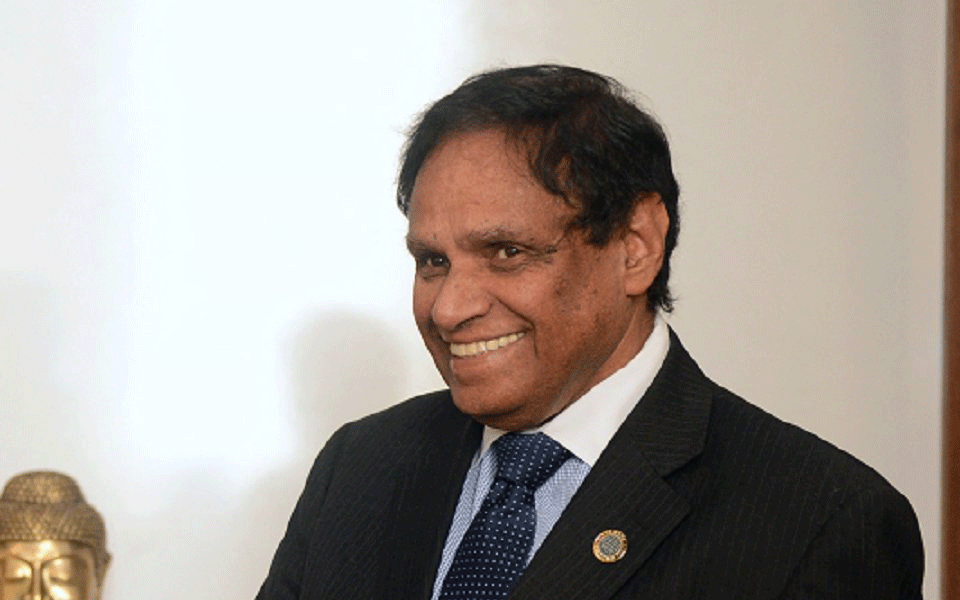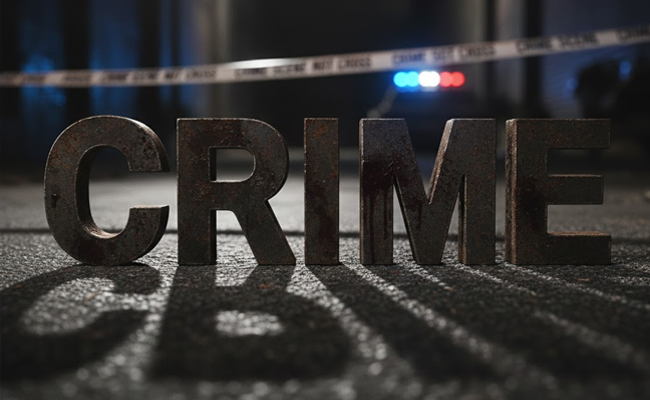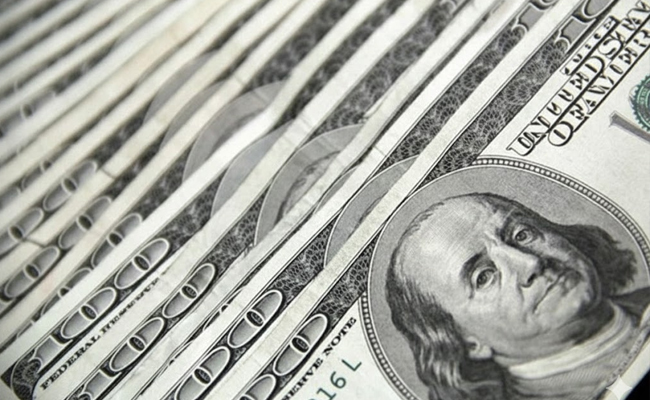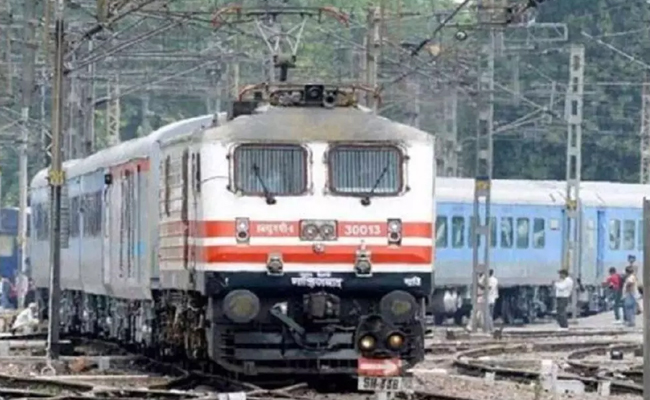Johannesburg (PTI): Ebrahim Ismail Ebrahim, an Indian-origin anti-apartheid icon in South Africa, who spent years imprisoned on Robben Island alongside Nelson Mandela and Ahmed Kathrada, has died. He was 84.
Ebrahim died after a long illness at his home here on Monday, the ruling African National Congress (ANC) said in a statement.
"The ANC learnt with deep sadness of the passing of Ebrahim Ismail Ebrahim. We offer our heartfelt condolences to his wife and children, as well as their extended family, friends and comrades," it said in the statement shared on Twitter.
"Comrade Ebi, as he was affectionately known, was a longstanding member of the ANC, a patriot who served his country in different capacities with humility, dedication and distinction," the party said.
Ebrahim served time on Robben Island as a political prisoner alongside Mandela, Kathrada and others. After his father was arrested twice for defying laws that restricted the movement of Indians in South Africa, he joined the liberation struggle at the age of 13.
He often stated how he had been inspired by the Satyagraha style of Mahatma Gandhi, which he used in his passionate representation of the ANC in global conflict situations in Sri Lanka, Palestine, Rwanda, Kosovo, Bolivia and Nepal.
Ebrahim was arrested in 1963 and imprisoned on Robben Island, where he shared a cell with former president Jacob Zuma, whose role in state capture and corruption he later decried.
After his release, Ebrahim went into exile to continue his work with the ANC, but was abducted by apartheid-era security police from neighbouring Swaziland, tortured and sentenced to a second term on Robben Island.
He obtained two university degrees while on Robben Island.
After the release of all political prisoners and the election of Mandela as South Africa's first democratic president, Ebrahim served in various capacities, including as Deputy Minister of Foreign Affairs and Parliamentary Counsellor to Mandela.
Condoling his death, human rights organisation #Africa4Palestine acknowledged the role Ebrahim played in the ANC resolution for the immediate and unconditional downgrade of the South African Embassy in Israel to a Liaison Office in 2017.
The Congress of Business and Economics, an offshoot of the erstwhile Transvaal Indian Congress, honoured Ebrahim with a Lifetime Achievement Award in 2018.
Comrade Ebie, as he was fondly known, recalled at the time how he had spent half of his adult life in prison but that he would do it all over again if he had to because of his firm belief in struggling for peace, justice and the end of the scourge of apartheid and racism across the world, CBE Executive Director Yusuf Moosajee said.
In all my interactions with Ebie, both locally and abroad, he was always passionate about South Africa and its role in world politics, internationally-renowned filmmaker Anant Singh said in a tribute.
Ebrahim is survived by his wife Shannon, a celebrated foreign news writer for the Independent Media group, and two children.
Let the Truth be known. If you read VB and like VB, please be a VB Supporter and Help us deliver the Truth to one and all.
New Delhi: India’s national cybersecurity agency, the Indian Computer Emergency Response Team (CERT-In), has issued a high-severity alert warning WhatsApp users of an active account takeover campaign using a new technique known as “GhostPairing," in an advisory released on December 19.
CERT-In said cybercriminals are exploiting WhatsApp’s device-linking feature to gain unauthorised access to user accounts without the need for passwords or SIM card swaps, as reported by The Indian Express. The attackers, the agency warned, deceive users into entering pairing codes, which silently grants control of the account to a malicious device.
ALSO READ: Teen killed in alleged honour killing over inter-community relationship, brother, his friend arrest
According to CERT-In, the GhostPairing method works by tricking victims into approving an attacker’s browser as a trusted linked device. The advisory said, “The attack manipulates users into granting access through a pairing code that appears legitimate." It further added that once access is granted, attackers can fully operate the account through WhatsApp Web.
Last month, the Department of Telecommunications directed messaging platforms such as WhatsApp, Signal and Telegram to implement continuous SIM binding which required accounts to remain linked to an active SIM card. As part of this directive, companion web sessions are expected to be logged out periodically and re-authenticated using QR codes.
CERT-In said the GhostPairing campaign typically begins with a message appearing to come from a trusted contact, often reading, “Hi, check this photo”. The message contains a link designed to mimic a Facebook-style preview, and clicking the link leads users to a fake verification page, where they are prompted to enter their phone number and a code. Victims unknowingly allow attackers to link their WhatsApp account to an external device, by completing these steps,.
Once compromised, attackers can access messages, photos, videos and voice notes in real time, and can impersonate the victim to send messages to individual contacts or groups, the agency said.
The advisory also noted that WhatsApp currently allows multiple devices to be linked to a single account, a feature that is being misused in such attacks. In October, the Indian Cybercrime Coordination Centre under the Ministry of Home Affairs had flagged a related trend involving scammers using social media advertisements to lure users into linking their WhatsApp accounts.
While the government’s SIM-binding push is intended to limit such fraud, it has raised concerns among legal experts and digital rights groups, who argue that constant SIM verification, could affect privacy and disrupt multi-device usage, particularly for professionals.
To reduce risk, CERT-In has urged users to avoid clicking on suspicious links, even if they appear to come from known contacts, and to never enter phone numbers or verification codes on external websites claiming to be linked to WhatsApp or Facebook. Users have also been advised to regularly review the “Linked Devices” section within WhatsApp settings and immediately log out of any unfamiliar sessions.
For organisations relying on WhatsApp for communication, the agency has recommended security awareness training, closer monitoring for phishing attempts, and the establishment of clear response protocols to detect and contain account compromises quickly.





